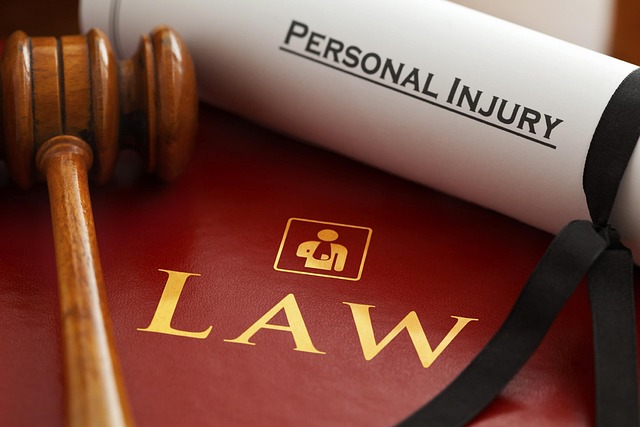Surgical error lawsuits require understanding malpractice law fundamentals. Patients harmed by healthcare providers' negligence can seek redress with a surgical error lawyer. Proving negligence involves demonstrating deviation from accepted standards and direct causation of patient injuries. Calculating damages, including physical pain, disfigurement, emotional distress, lost wages, and medical expenses, is crucial for fair compensation. An experienced surgical error lawyer navigates complex legal matters effectively.
When a surgical error occurs, it can have devastating consequences. A strong surgical error lawsuit succeeds by understanding the fundamentals of malpractice law, proving negligence through key elements, and compensating injuries with appropriate damages. If you’ve been affected by a surgical mistake, a skilled surgical error lawyer is crucial to navigating this complex process and securing justice.
- Understanding Surgical Malpractice Lawsuit Basics
- Proving Negligence: Key Elements to Success
- Compensating Injuries: Damages and Claims
Understanding Surgical Malpractice Lawsuit Basics

When considering a surgical error lawsuit, it’s crucial to grasp the fundamentals of malpractice law. A surgical error occurs when a healthcare provider fails to meet the acceptable standard of care during surgery, leading to patient harm. This can encompass various situations, from misdiagnosis to incorrect procedures or instrument failures. If this negligence results in injuries, patients have legal recourse through surgical error lawyers who specialize in these complex cases.
Understanding the legal process is essential for victims seeking justice. A successful lawsuit typically involves demonstrating that the surgeon or medical staff deviated from accepted medical practice and that this deviation directly caused the patient’s injuries. Unlike car accident injuries or serious injuries sustained in other contexts, surgical errors often have profound and lasting effects on a person’s health and well-being. Therefore, the expertise of an experienced auto accident attorney who specializes in surgical malpractice is indispensable to navigate these intricate legal matters effectively.
Proving Negligence: Key Elements to Success

Proving negligence is a cornerstone for any successful surgical error lawsuit. To win a case against a surgeon or medical facility, such as a nursing home, plaintiffs must demonstrate that the healthcare provider deviated from the accepted standard of care and this deviation directly caused their harm. This process requires meticulous attention to detail and the presentation of compelling evidence.
Key elements in proving negligence include establishing a duty of care, breaching that duty, causation, and damages. A surgical error lawyer will gather medical records, expert testimony from peers, and patient history to illustrate the provider’s failure to meet the required standard. In cases involving nursing home neglect or abuse, for instance, this may also encompass showing a pattern of substandard care within the facility. The goal is to present a clear and convincing narrative that links the surgeon’s actions (or inactions) directly to the patient’s injuries.
Compensating Injuries: Damages and Claims

When pursuing a successful surgical error lawsuit, one of the key components is demonstrating the extent of the injuries caused by the medical malpractice. The damages and claims section plays a pivotal role in compensating for these harm. A competent surgical error lawyer will present evidence that outlines both direct and indirect losses suffered by the patient. Direct damages might include physical pain, disfigurement, or loss of bodily function, while indirect damages could be the result of emotional distress, lost wages, or medical expenses not covered by insurance.
These claims are meticulously calculated to ensure the victim receives fair compensation for their injuries. In contrast to other legal disputes like real estate conflicts or employment disputes, surgical error cases often involve complex medical evidence and expert testimony to substantiate the extent of harm and liability. This process demands a thorough understanding of both legal principles and medical practices to secure a just outcome for the patient, ensuring they are not left to bear the financial burden of someone else’s negligence.
When pursuing a surgical error lawsuit, understanding the legal framework and gathering compelling evidence are key. By proving negligence through established elements, such as duty of care, breach, causation, and damages, plaintiffs can effectively compensate for injuries caused by medical professionals’ malpractice. Engaging the services of an experienced surgical error lawyer can significantly enhance success rates by navigating these complex issues and ensuring a just outcome for those affected by surgical mishaps.






